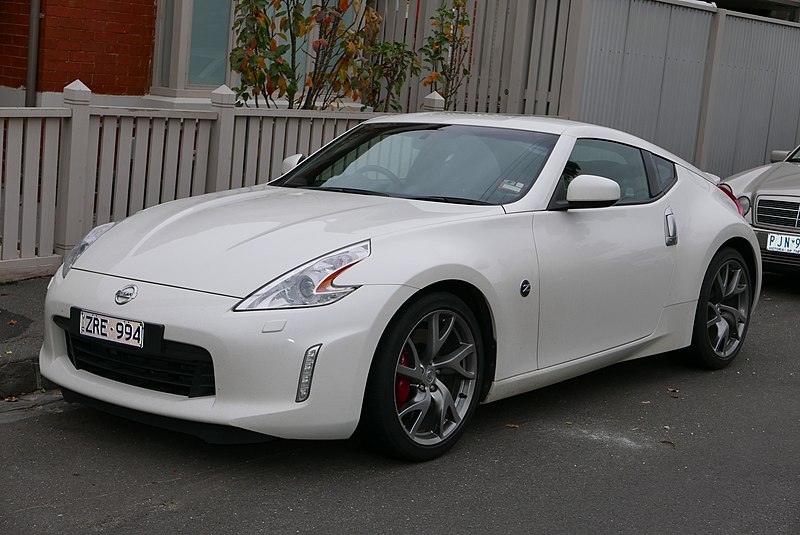Car keys are increasingly getting high-tech. From conventional mechanical keys to remote keys and finally to keyless entry that obviate the need to fish out the key from owner's pocket to unlock and lock the car. This obviously offer nice convenience factor to car owners...and even to car thieves. Yep, car thieves can still drive keyless entry-equipped car away which is not only easy to pull off, but dead cheap as well. Wired Magazine reported that Qihoo 360, a Beijing-based security firm, had proven the possibility through a relay hack.
How does the relay hack work?
For keyless entry to work, car owners need to be standing within close proximity, roughly 5 feet away from the car, to pick up the signal from the key fob. What the relay hack does is it enables would-be car thieves to extend the signal from the owner's key fob to a radio signal device that tricks the car into thinking the key fob is within close proximity. The short video above by Jun Li, a researcher from Qihoo, demonstrates how the hack is executed.
For this hack to work, it will require 2 people and 2 radio signal devices. One thief tails the owner with the device in hand. The device will then copy and transmit the signal from the owner's key fob to a separate device held by the thief's accomplice who is within close proximity with the car. The car receives the signal from the device and tricked into thinking it is receiving signal from the owner's key fob, the car door is automatically unlocked.
Simple indeed. As well put by Jun Li, "You're working in your office or shopping in the supermarket, and your car is parked outside. Someone slips near you and then someone else can open up and drive your car. It's simple."
The price?
How much it costed Qihoo to put together the radio hacking device? Well, get this: $22 (RM 95)! Dead cheap indeed. Also, according to carmudi, the hacking system's range is increasing, enabling car thieves to unlock the car even if the owner's key fob is more than a thousand feet away. Is this the end of the world?
How to prevent the hack from occurring?
Thankfully there is a way. As suggested by Qihoo's researchers, automakers and component companies can prevent the relay hack by tightening the timing constraints in the call-and-response communications between the key and car. In other words, if the signal is copied and transmitted too far away, the fraudulent transmission can be rejected altogether.
Owners can also do their part by keeping the key inside a Faraday bag that blocks radio signal or inside a metal box such as a refrigerator.
Let's hope the auto industry can get their act together to forestall future attacks before it becomes too easy for car thieves.




















